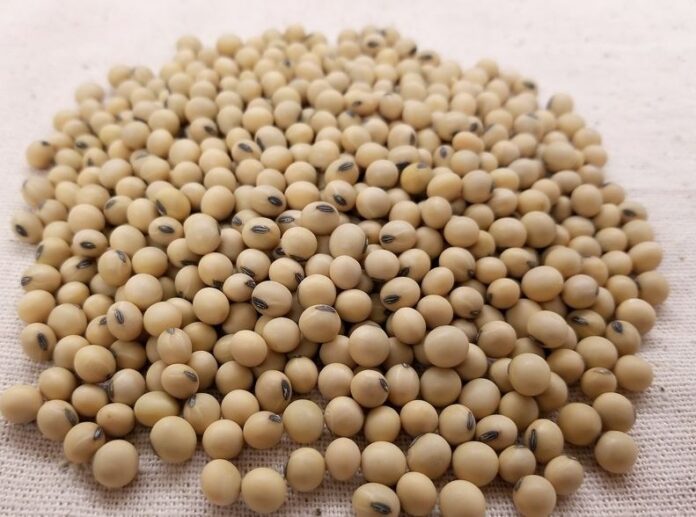A new regional initiative has been launched to boost soybean production in East Africa, aiming to reduce the region’s heavy reliance on imports and unlock the economic and nutritional potential of the crop.
Spearheaded by the International Institute of Tropical Agriculture (IITA) and funded by the Bill & Melinda Gates Foundation, the project will focus on strengthening soybean breeding across Kenya, Uganda, Tanzania, and Ethiopia.
With growing demand for protein-rich crops driven by climate change, urbanization, and shifting diets, soybeans have emerged as a vital crop for food and nutrition security. However, despite favourable agro-climatic conditions, the region continues to lag behind in production.
The average yield in sub-Saharan Africa stands at just 1.26 metric tonnes per hectare—less than half the global average of 2.76 metric tonnes, according to IITA.
In 2022 alone, Kenya, Tanzania, and Uganda imported over 129,000 metric tonnes of soy products valued at $84 million. Kenya’s domestic production currently meets only 1 percent of its annual demand, highlighting the urgent need for local solutions.
The new project aims to establish a cohesive East African Soybean Breeding Network that brings together national agricultural research systems, private sector players, and universities to develop improved, market-aligned soybean varieties.
“The goal is not just to improve breeding programs country by country,” said Dr. Lennin Musundire, the project leader. “It is to create a cohesive regional engine for soybean innovation, one that’s aligned with market needs and built to serve both farmers and processors.”
Soybean is not only a source of affordable protein but also a key input in animal feed and edible oil production. Its ability to fix nitrogen improves soil health, while its potential in processing and trade offers new income streams for farmers.
The first phase of the project involves forming multidisciplinary national teams comprising farmers, processors, seed companies, extension agents, researchers, agro-dealers, and specialists in gender and nutrition. These teams will define market segments by traits such as maturity, colour, agroecology, and end use.
They will also develop roadmaps to set trait priorities and align breeding goals with market realities, ensuring new soybean varieties meet the needs of both producers and end-users. Traits in high demand across the region include higher yields, rust resistance, improved oil and protein content, drought tolerance, and early maturity.
By sharing germplasm, pooling technical resources, and leveraging comparative breeding advantages, the network aims to accelerate the development of climate-resilient and high-performing soybean varieties. Ultimately, the project seeks to reduce import dependency, improve nutrition, and raise farmers’ incomes across East Africa.








